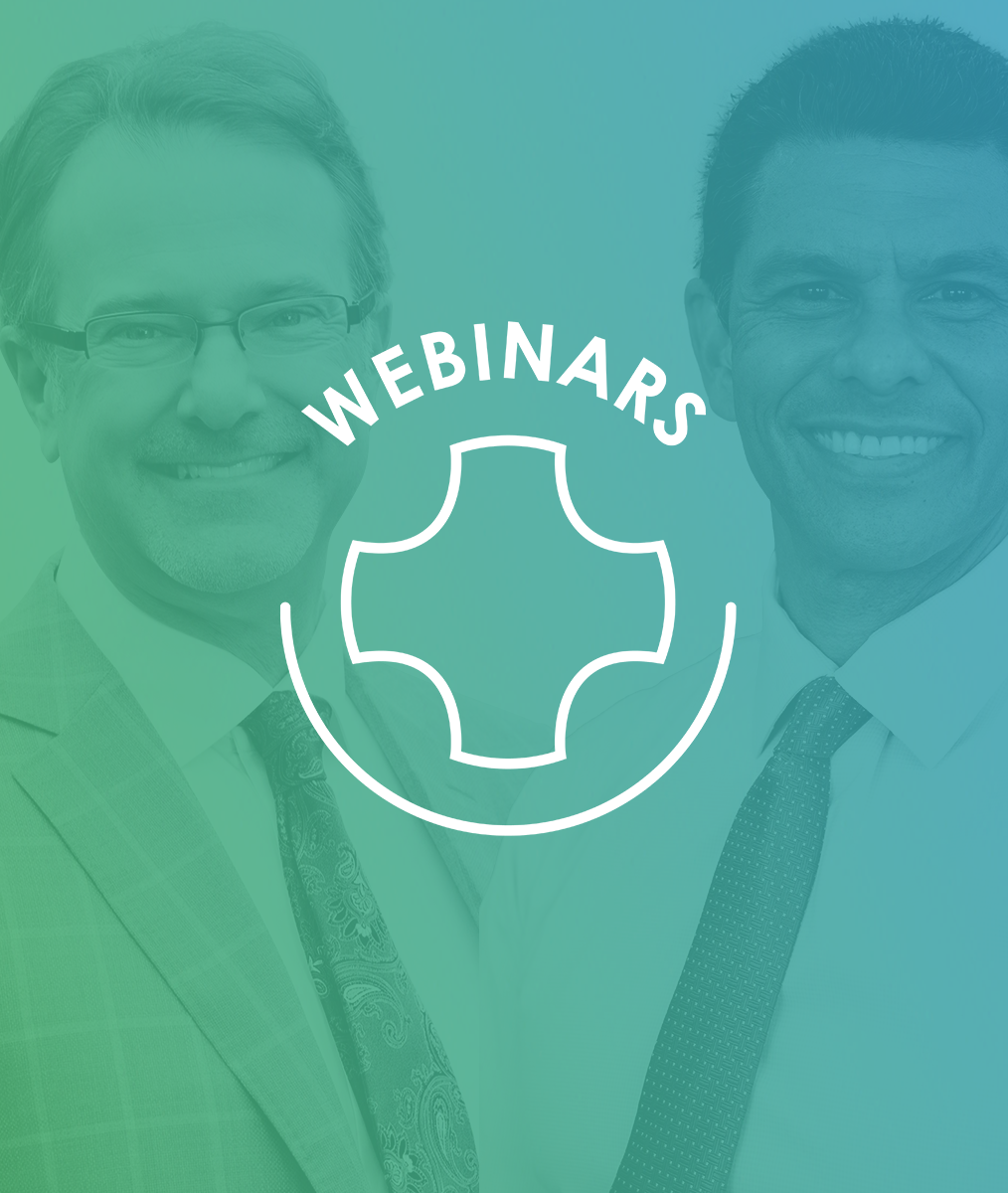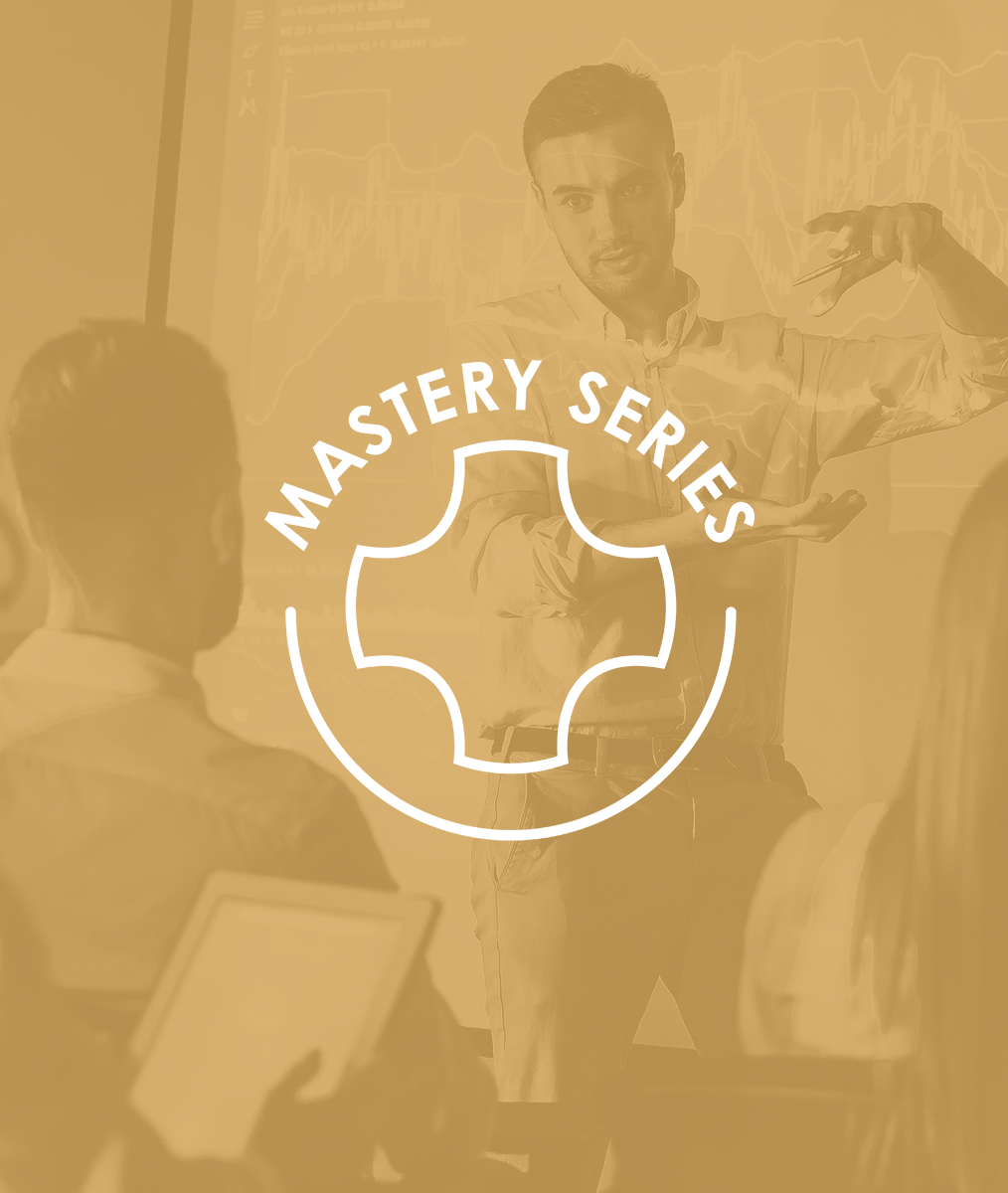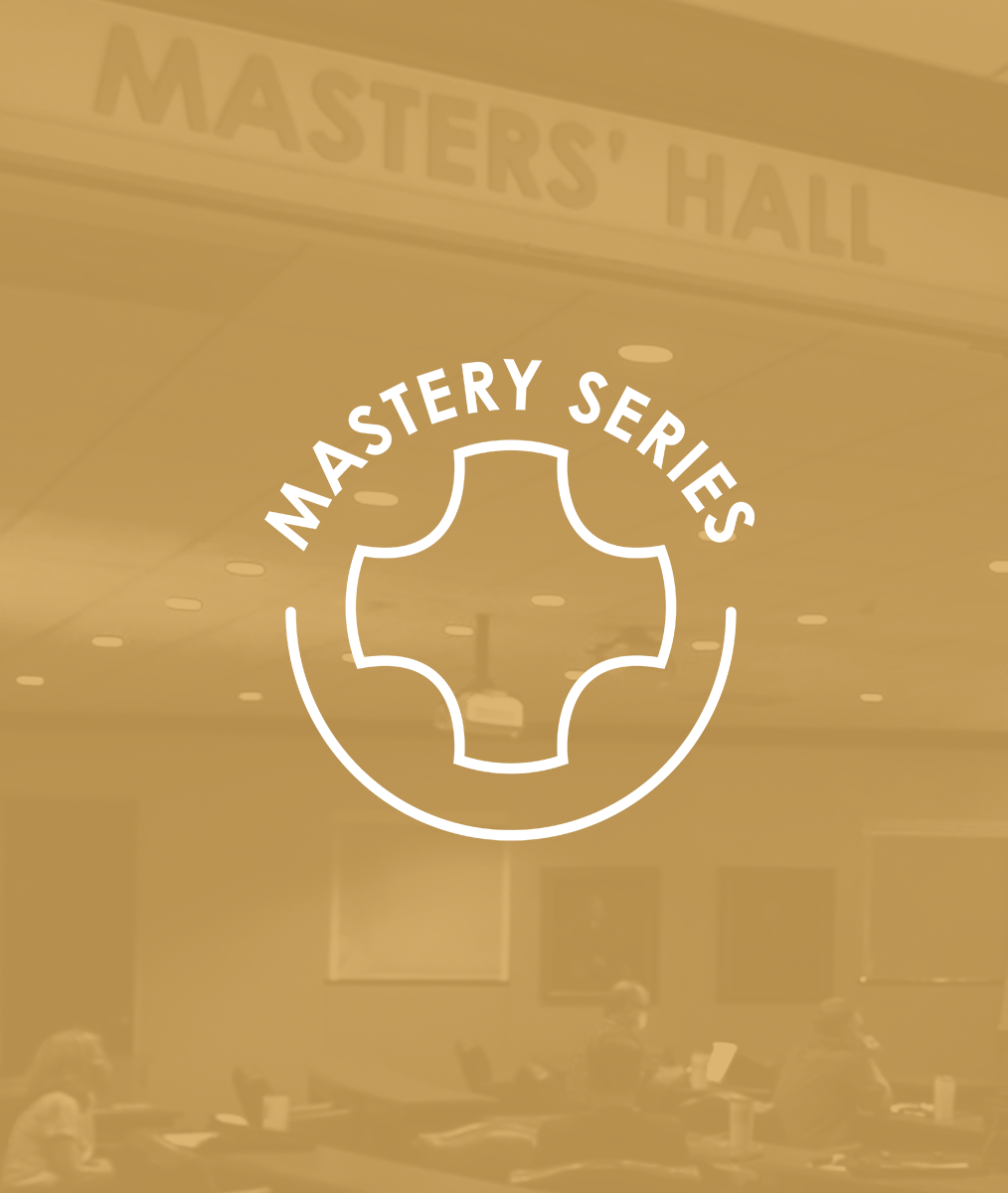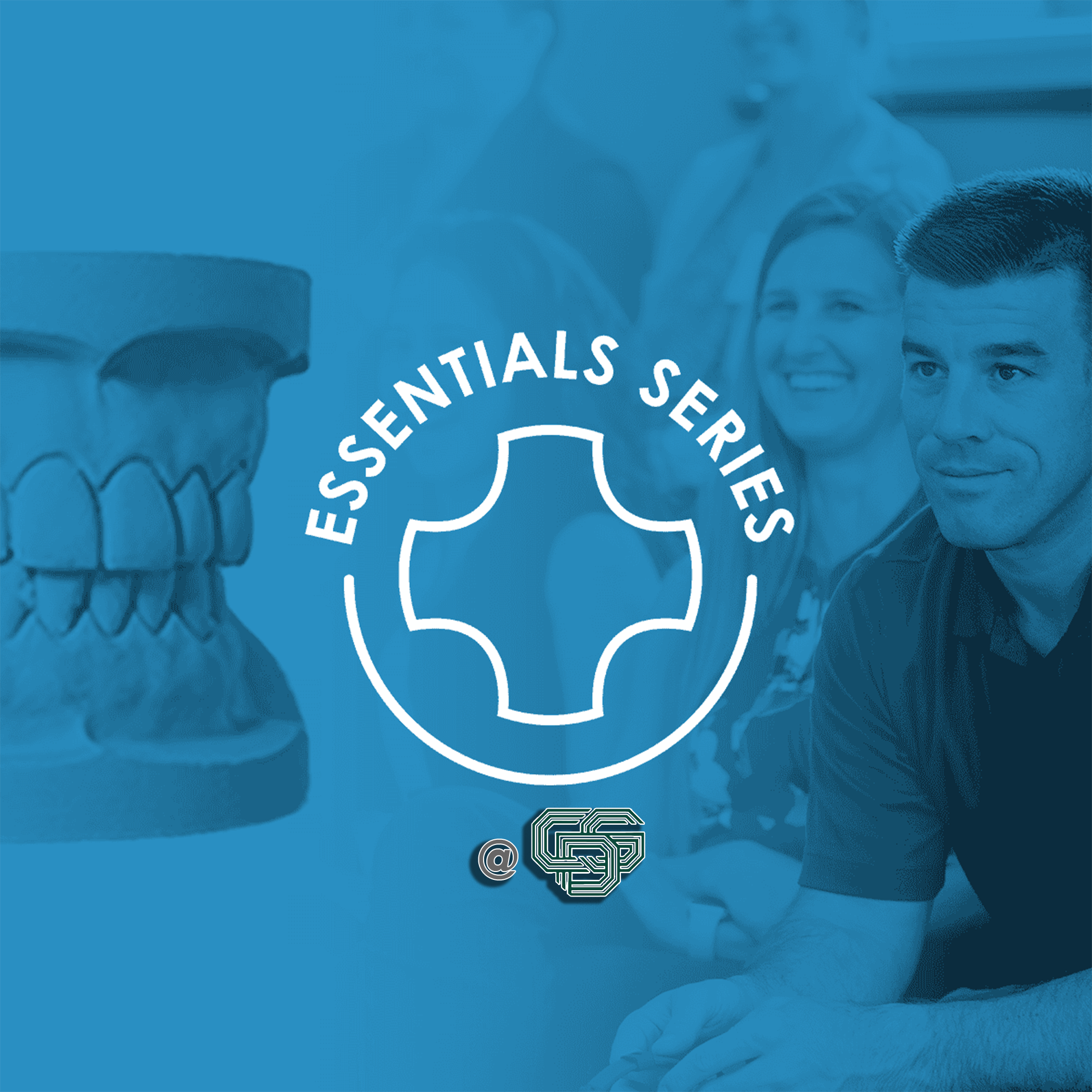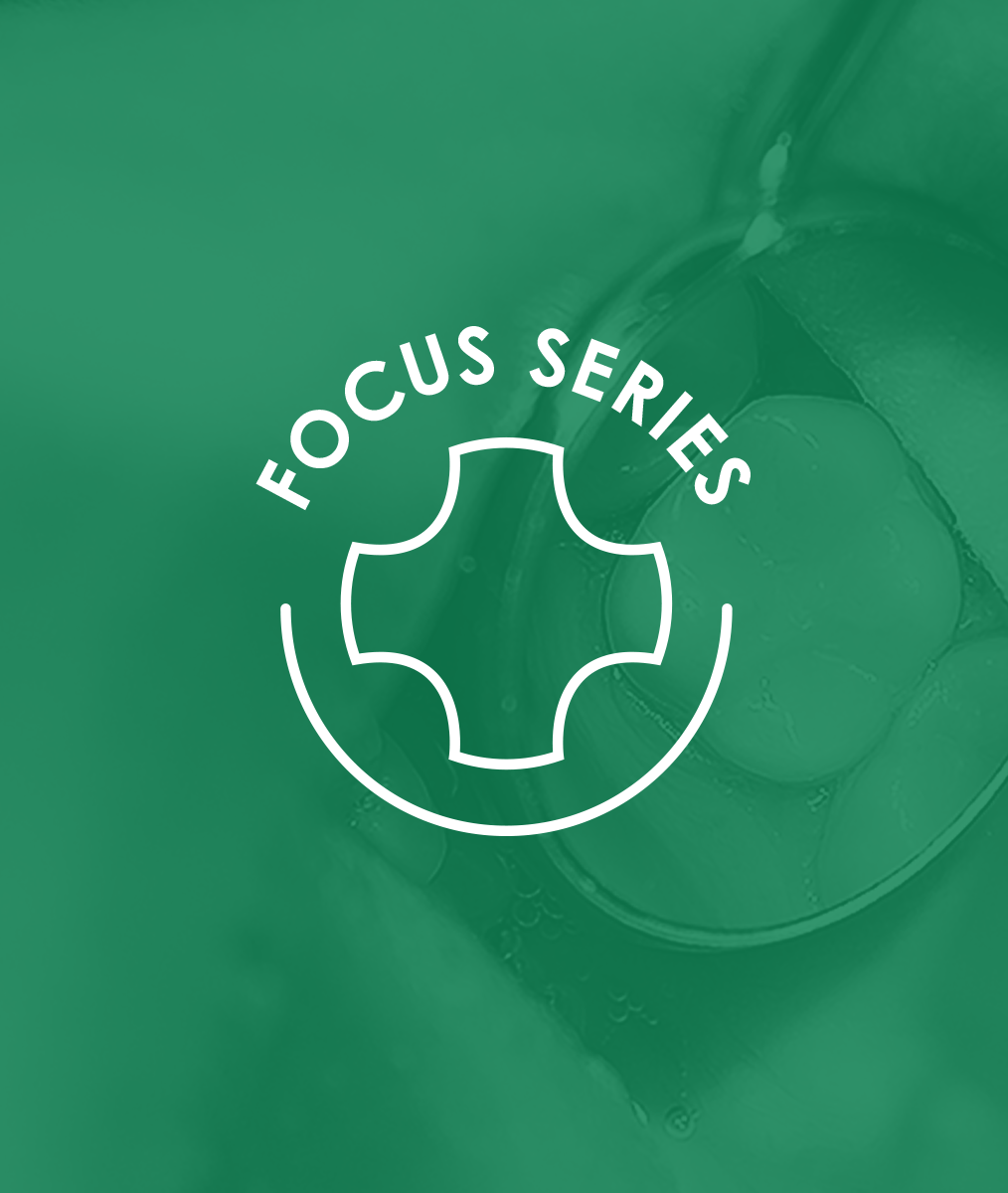Boundaries in Dental Practice (Part 2)
By Paul A. Henny, DDS
In Part 1, we looked at personal boundaries in dental practice. I mentioned scarcity bias and how it is prevalent in undifferentiated dental practices but not so much in dental practices where providers and patients mutually share the values and agenda of the practice. Because scarcity bias is so human, so ingrained in us, I want to discuss two things in Part 2: healthy relationships and also how to address scarcity bias as it occurs in our differentiated dental practices.
Insight Into Our Boundaries Leads to Healthy Relationships
Healthy interdependent relationships are only possible through first understanding our personal boundaries (Who am I? What am I responsible for? What am I not responsible for?). That’s critical because psychologically speaking, boundaries are like fence lines with consciously regulated gates.
The aphorism “Good fences make for good neighbors” prevails. The same logic applies to the practice of dentistry and the nature of the relationships that we create—consciously or not, within it.
And Now, We Circle Back to Differentiation
Healthy interpersonal boundaries lead us toward more interpersonal authenticity, which leads us toward higher-quality communication of our values and purpose. Higher quality communication leads to a more sophisticated level of collaboration and healthy results, including healthy interdependent relationships, self-reflection, self-responsibility, improved oral and total body health, improved mental health, and a constantly growing reputation for your values. That’s differentiation. That’s personal authenticity. That’s success.
Addressing Scarcity Bias
Once we understand ourselves well and we communicate consistently with personal authenticity, we still have the challenge of “knee-jerk” scarcity bias in our patients. This is where patience comes in and empathy—understanding and recognizing their feelings.
People are biased toward the here and now. The mind is naturally focused on meeting immediate needs at the expense of future ones. We procrastinate important things such as dental treatment unless we have an urgent need for it. We fail to make investments, even when the future benefits are significant or the costs of not doing so are substantial.
When the dentist and patient participate equally in a co-discovery examination process and co-discovery consultations to discuss health history and current findings, and the patient is empowered and becomes comfortable mentioning everything on their mind, we have already begun the powerful process of leading each other through understanding what is happening in the body and what is happening in the mind (feelings and thoughts). We can start to talk about what the patient would like to achieve long term—the patient’s beyond-the-moment oral health goals. We can start to talk about what is possible to achieve together and introduce the notion that we can take steps at the speed that is mutually comfortable for us.
Inspiration to do “the work” is often planted with just a few words that create a future desirable image in the patient’s mind. If we have the patience to let the inspiration grow, without overwhelming the patient, scarcity bias can dissipate. Often patients come back to the conversation the next time they visit us and say, “I was thinking about what we talked about, and I think I am ready to…”
Negotiating health goals between two adults starts as an invitation to agree upon common goals. We can start early in the doctor-patient and hygienist-patient relationships by instilling the thought that preventive health care is a partnership. They can’t do it alone and you can’t do it for them. Everyone must play their part responsibly.
Related Course
The Intentional Hygiene Exam
DATE: September 5 2024 @ 8:00 pm - September 5 2024 @ 9:00 pmLocation: Online
CE HOURS: 1
Date: September 5, 2024 Time: 8 – 9 pm ET Speakers: Michael Rogers DDS & David Gordon DDS Description: Is your hygiene program an interruption to your day? Or is…
Learn More>






